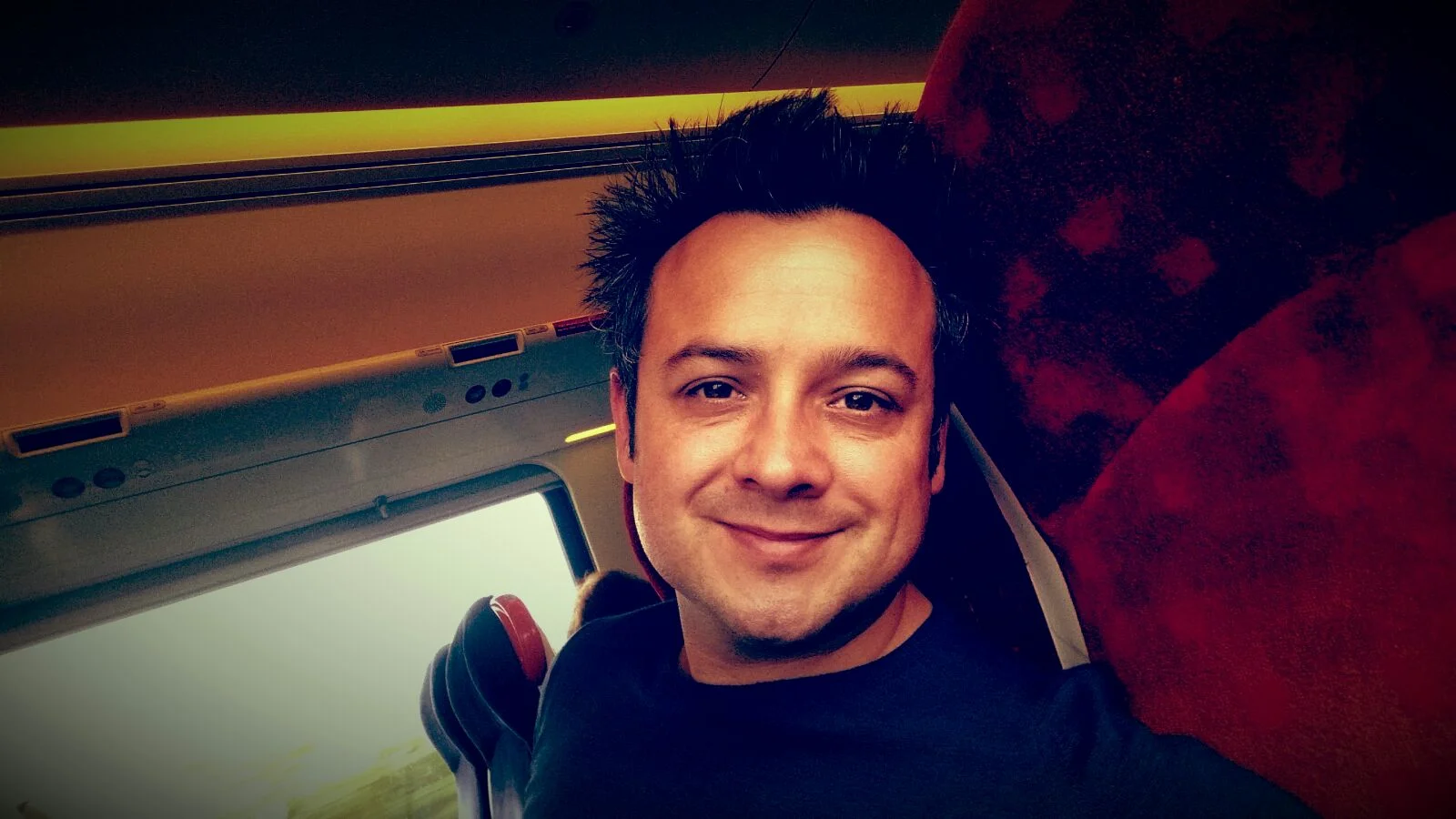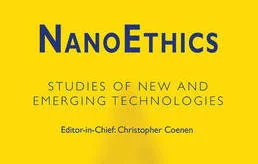
Make it stand out
What’s been happening?

Understanding Transhumanism

GATTACA 20 years later

Digital Health

NanoEthics

How artificial intelligence could provide some respite for the NHS

Life After Extinction

Media, Ethics, & Dementia

How to make your own superhero

Human Enhancement Technologies: Pushing the Boundaries (2013)

Justifying Human Enhancement: The Case for Posthumanity
Human Enhancement Technologies @ Swiss Re Centre for Global Dialogue

Justifying Human Enhancement: The Accumulation of Biocultural Capital (2013)

Mind control over robotic arms

Can technology set you free?

Valores y ética para el siglo XXI (2012)

